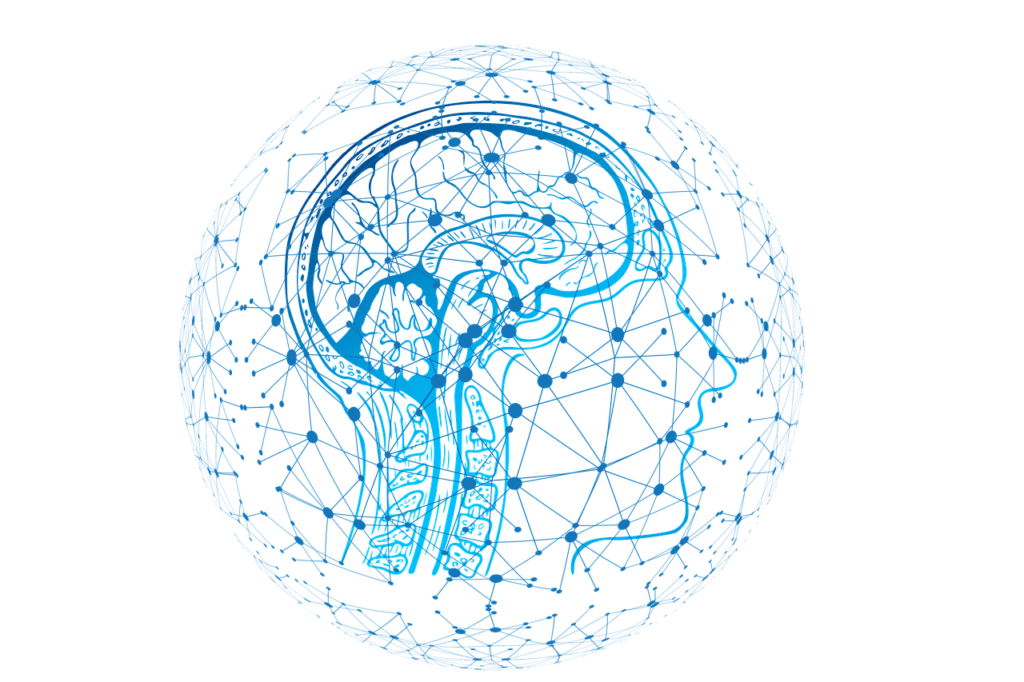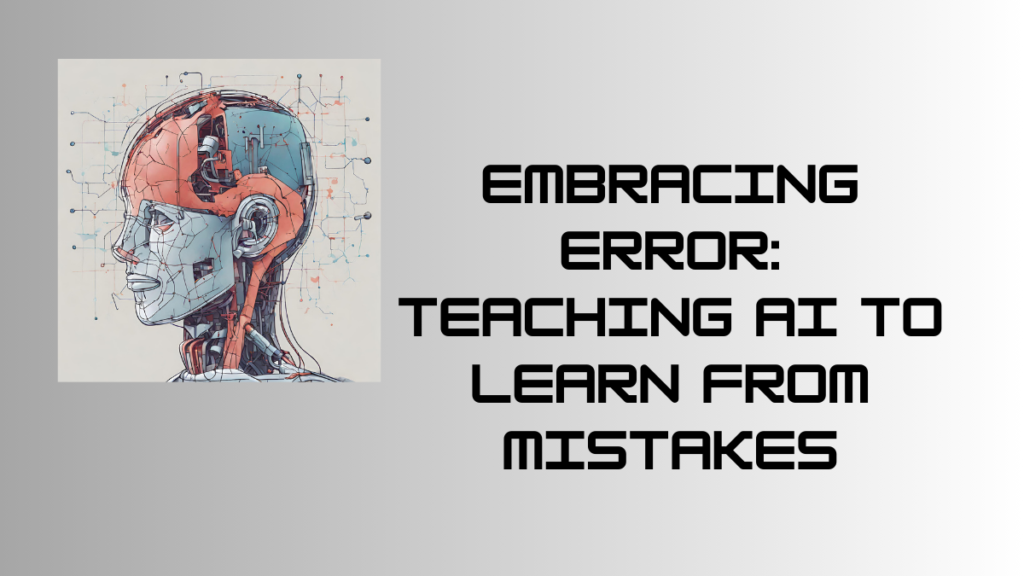
In a world increasingly integrating generative AI, the focus is shifting towards human-machine collaboration. Experts suggest that the synergy between the two could lead to a more productive future.
The potential pitfalls of relying solely on generative AI were highlighted when a lawyer mistakenly cited a non-existent case in a New York court filing, a blunder attributed to ChatGPT’s tendency to fabricate information when unsure. This incident serves as a reminder that, despite fears of AI replacing human jobs, there are still numerous tasks that AI cannot perform, and human oversight remains crucial.
A Gallup poll in 2023 revealed that nearly a quarter of Americans fear technology might render their jobs obsolete. However, LinkedIn’s chief economist, Karin Kimbrough, offers reassurance, stating there hasn’t been a widespread elimination of jobs due to AI. Since the advent of ChatGPT and other generative AI tools, the job market has shifted, with AI taking over repetitive tasks like customer service and data entry, freeing humans to focus on more complex and fulfilling work.
The rapid evolution of generative AI is reminiscent of historical technological revolutions, such as the Industrial Revolution. The International Monetary Fund predicts that 40% of global workers will be exposed to AI, rising to 60% in advanced economies. As we navigate this transition, the key will be to foster a partnership between humans and AI, leveraging AI’s strengths while preserving and valuing human skills.
AI’s integration into the workforce is already evident in various sectors. Walmart’s My Assistant tool aids employees in drafting documents and fostering creativity, while the US Department of Labor utilizes AI to enhance data analysis and customer service. In software development, AI assists in coding, allowing engineers to concentrate on more intricate tasks.
Despite these advancements, concerns about job losses persist, especially in media and the arts, where AI-generated content and voice mimicking are becoming more prevalent. However, the future might not be bleak for all. The IMF suggests that half of the jobs exposed to AI could benefit from enhanced productivity through AI integration.
The importance of human skills such as creativity, empathy, and critical thinking is expected to rise, even as AI-related skills become increasingly valuable. The MIT report “Can We Have Pro-Worker AI?” emphasizes the potential for a human-complementary path where AI supports new occupational tasks and worker capabilities.
As AI continues to evolve, new job roles are emerging, such as AI ethicists and “robot whisperers.” The challenge is to integrate AI into business processes effectively, a phase that LinkedIn’s Kimbrough believes we are currently navigating.
In conclusion, while the advent of AI brings challenges, it also presents opportunities for human-AI collaboration, amplifying human capabilities and fostering innovation. Embracing AI as a tool rather than a rival could be the key to navigating the evolving job market and ensuring a productive future.
The era of generative AI

In the era of generative AI, the job market is undergoing significant transformation, with AI-powered efficiencies reshaping various roles and industries. One primary area where AI is making an impact is repetitive tasks that are not particularly fulfilling for human workers, such as customer service and data entry.
AI’s ability to pull and process large volumes of data from various sources, such as documents, audio files, and webpages, has made it an invaluable tool for businesses. As a result, many companies are increasingly relying on chatbots and other AI-powered systems for their initial customer interactions. These chatbots can greet customers, answer common questions, and connect users to human agents when necessary, streamlining the customer service process.
This shift towards AI automation is challenging, especially for those in roles that involve standard and repeatable processes. According to Jason Alan Snyder, Global CTO of ad agency Momentum Worldwide, and Julia Pollak, Chief Economist at ZipRecruiter, tasks involving routine computer office work are particularly susceptible to being augmented or replaced by AI.
The impact of AI on the job market is also evident in the data entry and call center industries. In the United States, an estimated 160,000 data entry keyers and approximately 3.6 million call center workers face AI disruption. The call center industry, in particular, has experienced significant changes due to offshoring, with companies seeking to reduce costs by outsourcing to countries with cheaper labour, such as India and the Philippines. Now, these workers face additional challenges as AI technologies advance and automate more aspects of their jobs.
As the gen AI era progresses, it’s clear that the job market will continue to evolve, with AI-powered efficiencies leading to changes in how work is performed and the types of skills in demand.

Tech Enthusiast & Knowledge Sharer
I am a passionate technologist dedicated to demystifying the world of networking, cloud computing, and automation. Focusing on simplicity and practicality.
I believe in breaking down complex concepts into understandable and actionable insights.



